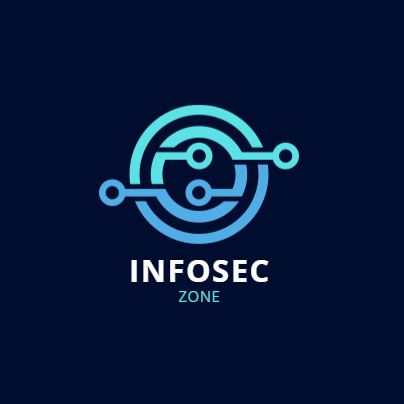The Crucial Role of Data Governance in the Modern Business Landscape
In today’s data-driven world, where information is hailed as the new currency, businesses are facing an unprecedented challenge – how to harness the power of data while ensuring its quality, security, and compliance. This is where the concept of data governance steps in as a linchpin for success. Effective data governance has become a cornerstone for businesses seeking to thrive in the modern business landscape, ensuring data quality, compliance, and accurate decision-making.

Data Governance: Beyond the Buzzword
At its core, data governance refers to the strategic management of an organization’s data assets. It encompasses a range of processes, policies, and practices that ensure data is accurate, consistent, secure, and accessible to authorized users. More than just a buzzword, data governance provides a structured framework that guides how data is collected, stored, processed, and utilized.
Ensuring Data Quality
Data is only as valuable as its quality. Inaccurate or inconsistent data can lead to misguided decisions, operational inefficiencies, and even reputational damage. Effective data governance establishes data quality standards, validation procedures, and data cleansing protocols. It ensures that data is accurate, complete, and up-to-date, bolstering the confidence stakeholders place in their decisions.
Navigating the Compliance Landscape
In an era of stringent data privacy regulations like the General Data Protection Regulation (GDPR) and the California Consumer Privacy Act (CCPA) and many more, compliance has become non-negotiable. Data governance acts as a shield, ensuring that organizations adhere to these regulations, safeguarding sensitive information and avoiding hefty fines. By defining data ownership, access controls, and consent management, data governance ensures that data privacy and security remain paramount.
Facilitating Accurate Decision-Making
The success of any business hinges on the ability to make informed decisions. Data governance provides the foundation for accurate decision-making by ensuring that data is reliable, consistent, and well-understood across the organization. It establishes clear data definitions, promotes data lineage transparency, and enforces consistent data classification. This empowers decision-makers to draw insights from data without second-guessing its accuracy or relevance.
Cultivating a Culture of Accountability
Data governance doesn’t merely involve processes and policies; it cultivates a culture of accountability. It assigns data stewardship roles and responsibilities, encouraging employees to take ownership of data quality and integrity. When everyone within an organization recognizes their role in maintaining data accuracy, the entire ecosystem benefits from a shared commitment to excellence.
The Road Ahead: Embracing Data Governance
Embracing data governance isn’t an option; it’s a strategic imperative in the modern business landscape. As data continues to grow in volume and complexity, the risks associated with poor data management become more pronounced. Businesses that prioritize data governance position themselves for success by unlocking the true potential of their data assets.
Conclusion
In conclusion, effective data governance transcends being a mere buzzword – it’s a fundamental pillar upon which modern businesses stand. By ensuring data quality, navigating compliance challenges, facilitating accurate decision-making, and fostering a culture of accountability, data governance empowers organizations to harness the full potential of their data while mitigating risks. As businesses continue to evolve in an increasingly data-centric world, data governance remains an indispensable tool for achieving long-term success.




